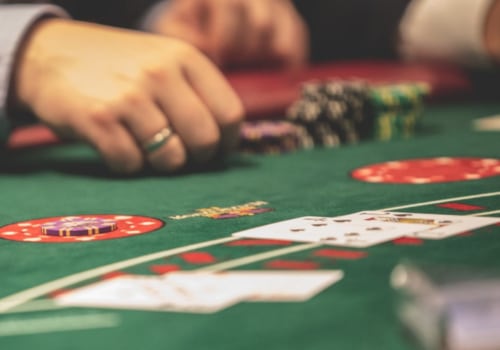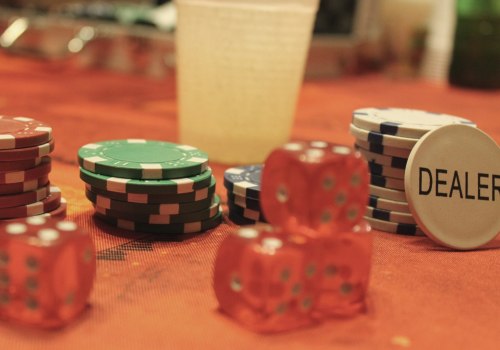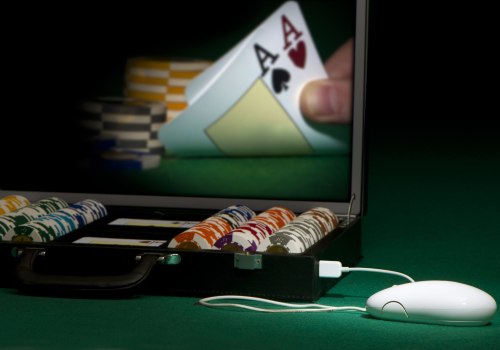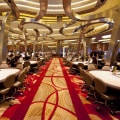Most forms of gambling in Japan are generally prohibited by Chapter 23 of the Criminal Code; however, there are several exceptions, including betting on horseback. Lottery · Pachinko · Illegal Gambling · Casinos. Pachinko is a form of game similar to slot machines and is very popular in Japan. Pachinko salons are everywhere and easy to visit.
They are often located near train stations and have bright and decorative exteriors. In the past, it used to be more for men, but nowadays, many women also go. You can exchange your earnings with cigarettes, electronics, groceries, silver, gold, etc. You can also earn money indirectly, as there are usually places nearby where you can sell the prizes you won.
Most forms of gambling are prohibited in Japan, but there are a number of exceptions. You may have heard of pachinko, but what about keirin, kyoutei or toto? Kyoutei is the extreme side of the Nihon bookmaker, as it involves motorboat racing. The six participating boats must run around two buoys, over a total distance of 300 m. It should be noted that, since the beginning of this competition, men and women have competed together in teams.
Like Keirin, Kyoutei has also started to gain followers in neighboring Korea. Gambling has been a taboo subject in Japanese society and, since 1907, most forms of gambling, including casinos, have been illegal. However, there are many forms of legal gambling in Japan, such as Pachinko, Lottery and certain types of sports betting. Gambling in Japan has been strictly prohibited and regulated since Chapter 23 of the Penal Code, also known as Law No.
45 of the Penal Code of Japan, explicitly prohibited organized gambling or private sale of lottery tickets, with heavy fines in yen and imprisonment as a deterrent. Before they can do so, Japan will have to lift the ban on gambling, which is currently illegal in most forms. For legal purposes, pachinko machines are technically considered “gambling”. Gambling for cash is illegal in Japan and steel balls won in Pachinko games cannot be directly exchanged for cash or withdrawn from the premises.
The Criminal Code marks most forms of gambling as illegal, except betting on horse racing, playing the lottery or a local game called Pachinko and certain motorsports. The Penal Code has a certain exclusion which states that gambling shall not constitute a violation of the Criminal Code, if the “article being bet is that of momentary fun”. Officially it is not considered gambling because Japanese laws consider pachinko to be an exception to the criminal code on gambling for historical, monetary and cultural reasons. As a traveler, you're probably not going to bet a lot at one of these facilities for that reason, however, part of the culture in Japan is that players will exchange their balls for chips, which they then sell at a nearby store for cash.
Chapter VII of the Act places a strict limitation on the number of times the entry fee is paid and the entry fee to avoid problems with gambling. The bottom line is that yes, gambling in Japan has been illegal and is still heavily regulated, but laws to date have been full of loopholes, and the ban on casinos is being relaxed in the future. Japan's gameplay is as colorful as other cultural aspects of interest to travelers from all over the world. The argument against it has been that it could lead to addiction (since Japanese people are not used to gambling) and organized crime, and the law is actually very unpopular with Japanese society.
I) In order to strictly manage the entrance to the casino premises and avoid problems with gambling, only casino activities that take place within the casino premises are exceptionally allowed under the IR Implementation Act. The term “managing a place to play” is understood to mean providing, as a host, a certain place to bet that is under the control of the host. Article 186, section 2, of the Criminal Code further provides that any person who, for profit, manages a gambling house or organizing a group of regular players shall be punished by imprisonment of not less than three months but not more than five years. Since casino games are still illegal in Japan, the vast majority of people who want to put a little money on the line end up in one of the many pachinko parlors that dot the country.
. .











Leave Reply